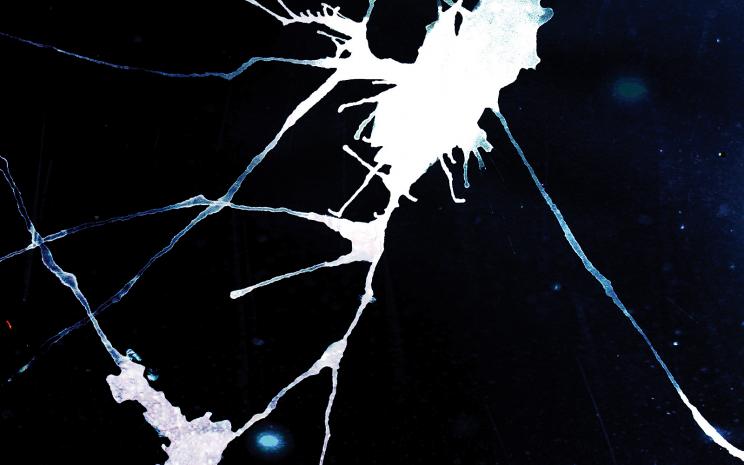
09/10/2016 - 19:30
Split selves and hybrid bodies: In Martin Hiendl’s walk-in opera installation the audience decides what they want to hear.
“The cyborg would not recognize the Garden of Eden; it is not made of mud and cannot dream of returning to dust”, writes Donna Haraway in “A Cyborg Manifesto”. In his opera installation for eight voices, ensemble, electronics and video, inspired by this dystopian idea, German composer Martin Hiendl sends two protagonists on a search for their natural voices. One of them – she – might have been a cyborg once, a creature of technology, a human machine, a machine-like human, an asexual being, and yet driven by a desire to know more about her origins. She has doubts about her identity. Having turned into a mass product, her voice no longer signifies her uniqueness. The other one – he/she/it – is a new entity: A golem, Frankenstein or puppeteer, a living thing striving for individuality. A relationship develops between the two that tells of the nature and boundaries of identity, of hybrid bodies, split egos and the need for recognition. We are in paradise, in the Garden of Eden, which we don’t recognise, which never existed. It is but a human invention – paradise means no more than a word, a combination of eight letters to a cyborg. This garden is a place designed for people to walk around. “Paradise” is an opera consisting not of chronological sequences, but of spatialised scenes, of walk-in spaces. The music and bodies are trapped in these spaces, leaving it to the audience when to enter a scene and when to leave it.
In cooperation with SHAPE – Sound, Heterogeneous Art and Performance in Europe. Supported by the “Creative Europe” programme of the European Union. Jakob Schneidewind is SHAPE Artist 2016.